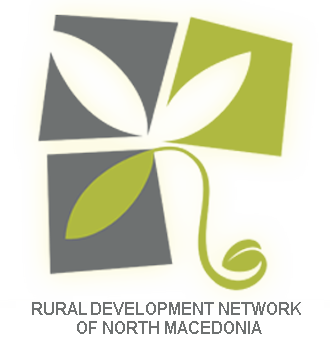Preparation of a “Study on livestock adaptation to climate change in Macedonia“ was initiated by USAID Adaptation to Climate Change in Agriculture project. The overall aim of this study is to assess what action(s) are needed for producers and other actors of the value chain to adapt to climate change in the country. A visit by Dr. Mo Salman, Veterinary Epidemiology professor at Colorado State University, and Joyce Turk, Senior Livestock Advisor of USAID headquarters in Washington, D.C., was organized by the Rural Development Network (RDN) in conjunction with the USAID Macedonia Mission. The team members (Salman and Turk) conducted this mission from March 25 –March 29, 2013. The main purpose of this trip was to become more acquainted with the current livestock production in Macedonia and its perspective in light of the climate change challenge through 2025, and specifically to gather information relevant to animal production systems, performance and practices, and metrological changes for the last 15 years.
During the visit, several components of the existing livestock sector in the country were observed which are mainly focused on parts that contribute to supplying the markets with animal products (meat, eggs, liquid milk, and cheeses) with limited observations of the animal products that are consumed by the rural families. Nevertheless, the trip was sufficient to derive a general impression about the livestock sectors in the country. The team members had the opportunity to discuss relevant issues and topics with producers, specialized academicians, government officers, and extension specialists. Various sets of data related to livestock population, production, and geographical distribution were explored. Available livestock population and metrological data were then analyzed with the aim to determine gaps in the existing data and information prior to producing a set of recommendations for assessing and adapting the livestock system to climate changes in the country. Stakeholders in the livestock production system should be part of addressing this important issue and identifying solutions. Thus, the engagement of the entire stakeholders in addressing the issue is an imperative step in this process.
Aiming to this, on May 28th 2013, in “Kontinental” hotel, in Skopje, the rural Development Network has organized a one day workshop that incorporated stakeholders’ participatory analyses with the current situation and future direction.
